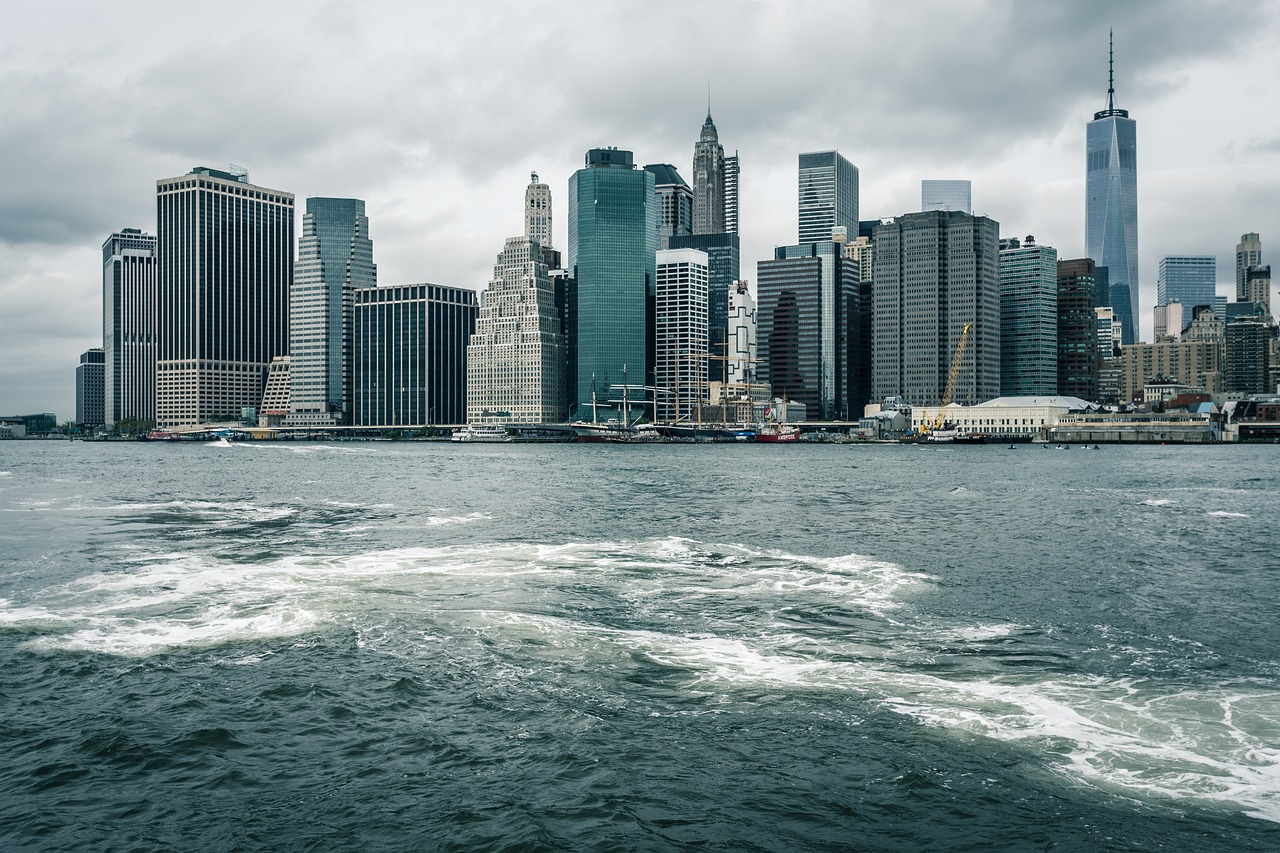Gateway to New York: The Role of Hotels in the City’s Tourism Landscape
New York City, often dubbed “The Big Apple,” is a global hub of culture, finance, art, and entertainment, attracting millions of visitors each year. The city’s dynamic hospitality sector plays a crucial role in shaping the tourism landscape, providing travelers with not just a place to stay, but a gateway to unforgettable experiences. This article explores the significance of hotels in New York City’s tourism, highlighting their impact on local culture, economy, and the overall visitor experience.
The Importance of Location
One of the defining features of New York hotels is their prime locations. Hotels in Manhattan, for example, are strategically situated near major attractions like Times Square, Central Park, and Broadway. This proximity allows tourists to immerse themselves in the city’s vibrant atmosphere and easily explore its iconic landmarks.
For instance, staying at **The New York EDITION**, located at the historic Met Life Clock Tower, places guests within walking distance of the Empire State Building and Madison Square Park. This central location not only enhances the guest experience but also supports the local economy by encouraging visitors to dine, shop, and explore nearby businesses.

Diverse Accommodation Options
New York City’s hotel scene is as diverse as its population. From luxury establishments like **The Four Seasons** and **The Peninsula** to boutique hotels such as **The NoMad Hotel** and **The Greenwich Hotel**, there is something for every type of traveler. This variety ensures that visitors can find accommodations that fit their budgets and preferences, making the city accessible to a wider audience.
Additionally, the rise of alternative lodging options, such as Airbnb, has prompted traditional hotels to adapt and innovate. Many hotels now offer unique experiences, such as local tours, culinary classes, and personalized services, to compete with the personalized touch often found in home-sharing environments.
Economic Impact
Hotels significantly contribute to New York City’s economy, not only through direct spending by tourists but also by creating jobs and supporting local businesses. The hospitality industry employs thousands of New Yorkers, from hotel staff to restaurant workers, contributing to the city’s overall employment landscape.
According to the NYC & Company, the city’s official tourism organization, the hotel sector generated approximately $6 billion in tax revenue, which supports public services and infrastructure. This financial impact underscores the importance of a thriving hotel industry in maintaining the city’s vibrant economy.
Cultural Ambassadors
Hotels serve as cultural ambassadors, showcasing the rich heritage and diversity of New York City. Many establishments incorporate local art, history, and cuisine into their offerings, allowing guests to connect with the city on a deeper level. For example, **The Standard, High Line** features works by local artists and offers seasonal menus crafted from locally sourced ingredients.
Furthermore, hotels often host events, exhibitions, and performances that celebrate New York’s cultural landscape. This engagement not only enriches the guest experience but also fosters a sense of community, making visitors feel like they are part of the city’s vibrant tapestry.
Enhancing the Visitor Experience
In an era where travelers seek personalized and unique experiences, New York hotels are rising to the challenge. Many establishments now offer bespoke services, such as curated itineraries, exclusive access to local attractions, and partnerships with nearby businesses to enhance the overall guest experience.
For instance, **The Bowery Hotel** provides a home-away-from-home atmosphere with its cozy, vintage decor and personalized service. Guests can enjoy a complimentary breakfast from local vendors and receive tailored recommendations for exploring the East Village, allowing them to experience the city like a local.
Moreover, wellness-focused amenities have gained popularity, with hotels offering fitness centers, spas, and wellness programs that cater to health-conscious travelers. **The Equinox Hotel**, for example, provides a comprehensive wellness experience, featuring a state-of-the-art fitness center, yoga classes, and a full-service spa.
Sustainability in Hospitality
As awareness of environmental issues grows, many New York hotels are adopting sustainable practices to appeal to eco-conscious travelers. From implementing energy-efficient systems to sourcing food locally, these initiatives reflect a commitment to reducing their carbon footprint and promoting sustainability within the tourism industry.
1 Hotel Brooklyn Bridge** stands out for its eco-friendly approach, featuring reclaimed materials in its design and offering guests organic dining options. This focus on sustainability not only attracts environmentally conscious travelers but also enhances the hotel’s reputation as a responsible member of the community.

Challenges and Adaptations
While the hotel industry has thrived in New York City, it faces challenges, particularly during periods of economic downturn or global events like the COVID-19 pandemic. The pandemic brought unprecedented challenges, leading to temporary closures and a significant decline in tourism. However, many hotels adapted by enhancing their cleanliness protocols, offering flexible booking options, and promoting staycation packages to attract local visitors.
As tourism rebounds, hotels are reimagining their offerings to cater to the evolving preferences of travelers. The focus is shifting toward creating safe, immersive experiences that prioritize health and wellness, ensuring that guests feel comfortable during their stays.
Conclusion
New York City’s hotels play a pivotal role in the tourism landscape, serving as gateways to the city’s vibrant culture, economy, and experiences. By providing diverse accommodations, showcasing local culture, and supporting the economy, hotels contribute significantly to what makes New York an extraordinary destination.
As the city continues to evolve, so too will its hotels, adapting to the changing needs and preferences of travelers. Whether it’s through personalized service, innovative offerings, or sustainable practices, the hotel industry remains a vital part of New York City’s identity, ensuring that visitors leave with memories that last a lifetime. As a gateway to this iconic metropolis, hotels will continue to welcome travelers from around the world, inviting them to explore the magic of New York City.

